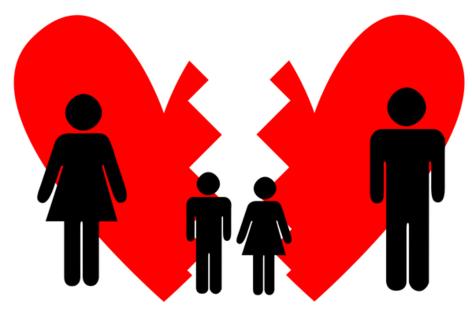Ex-etiquette: Putting the adult children first
Published in Lifestyles
Q. Although my ex has never been officially diagnosed, she must have some sort of affliction because no one could be as terrible as she is without having something. That’s fine for me. I left her long ago, but my children, who are now adults, constantly complain about her. I can certainly identify with their observations, and I wish I had been more proactive when they were younger. I know enough to not say anything against her. How can I help them? What’s good ex-etiquette?
A. As I have said many times, many think their ex should be diagnosed with some sort of personality disorder because their moods swing radically, they are difficult to reason with, they lie, blame, find fault, argue and question everything and don’t seem to care how they are hurting you—so, there must be something wrong with them. And there could very well be, but it is more likely that they are reacting to the stress of a volatile relationship before your breakup and see no reason to be nice after the breakup.
However, you bring up something else.
It’s not only you who see the problem, it’s also your children, and you say, she continues to treat them poorly, so there may truly be something “wrong.”
How can you help your kids? Being that they are now adults, suggest counseling and allow them to work through the issues with their mother and the marks she has left on their own. Granted, don’t we all want to take away our children’s pain? However, when we run defense for the ones we love, we rob them of the ability to change the status quo and recognize what they must do to improve. They remain the victim being hurt by whomever is hurting them instead of the victor who recognizes a toxic relationship and, with the help of a counselor or life coach, makes a plan for an improved present and future.
You can’t change your ex, and she can’t change you. You can work on yourself and lend a loving ear to your children. You are right: No matter how awful she is, do not be swayed by the camaraderie you feel when commiserating about her poor behavior. It could simply be she’s miserable, and if the kids and she work through this, whatever you have said will backfire.
It’s very similar to a friend breaking up, you admitting you never liked their choice, they reconcile, and then you are on the outs. In this case, however, you are speaking against their mother and that can have long-lasting psychological implications, even if your kids are adults.
It’s up to your adult children to find the strength to explore this and make the changes needed. Your job is to be supportive to your kids (“Put the children first,” Good Ex-etiquette for Parents Rule No. 1) and to their mother when and if she decides to look for healing. That’s good ex-etiquette.
©2025 Tribune Content Agency, LLC
























Comments